Zelenskyy Draws Red Line on NATO Summit Participation
Ukrainian President Volodymyr Zelenskyy isn’t mincing words: if Ukraine is left out of the NATO summit in The Hague this June, Russian President Vladimir Putin will be the real winner. Zelenskyy laid out his concerns during a joint press appearance with German Chancellor Friedrich Merz, saying that keeping Ukraine on the sidelines would do more harm to the alliance than any policy shift dreamed up in the Kremlin. According to him, it’s not just about a seat at a table—it’s about NATO sending the right message to both Kyiv and Moscow.
Still, behind closed doors, things are looking shaky. Some NATO insiders are reportedly worried about how the summit plays out with the U.S. presidential election looming. There’s anxious talk of former President Donald Trump’s skepticism about Western backing for Ukraine, creating a ripple effect that makes inviting President Zelenskyy a hot-button issue. Dutch Foreign Minister Caspar Veldkamp stepped up to say the official invite decision belongs to NATO Secretary General Mark Rutte, pushing back on the whisper campaign that Washington is pulling the strings. Rutte, who’ll take over from Jens Stoltenberg soon, now finds himself in the spotlight over what sort of message NATO wants to send the world.
Divisions, Diplomacy, and the Putin Factor
The behind-the-scenes dispute isn’t helping NATO project unity. American sources hint at reluctance to see Ukraine front and center, even as Secretary of State Marco Rubio insists he hasn’t heard anything about blocking Zelenskyy. Meanwhile, media from both sides of the Atlantic are swirling with stories that the U.S. is applying quiet pressure to keep the Ukrainian president out of the main event or shuffle him off to a less prominent forum.
Zelenskyy is taking none of this lightly. He’s been open about the "mixed signals" Kyiv keeps getting. For him, clarity matters as much as the invite. Being asked to attend a side forum instead of the main summit might look like a slight not only to Kyiv, but also to eastern NATO members who see Ukraine’s fight as their own. Absent Ukraine, whatever unity NATO tries to showcase will look a lot thinner—and Putin will have a propaganda victory to gloat over.
The real crux here? It’s not just one meeting in the Netherlands. This is about broader disagreements inside NATO over how to deal with Russia, how much to involve Ukraine, and how to avoid fueling political fires in Washington. Each move has big consequences for the alliance’s credibility. The upcoming meeting is shaping up as more than just a photo-op; it’s a public stress test for what NATO stands for, and whom it stands with—when it counts most.

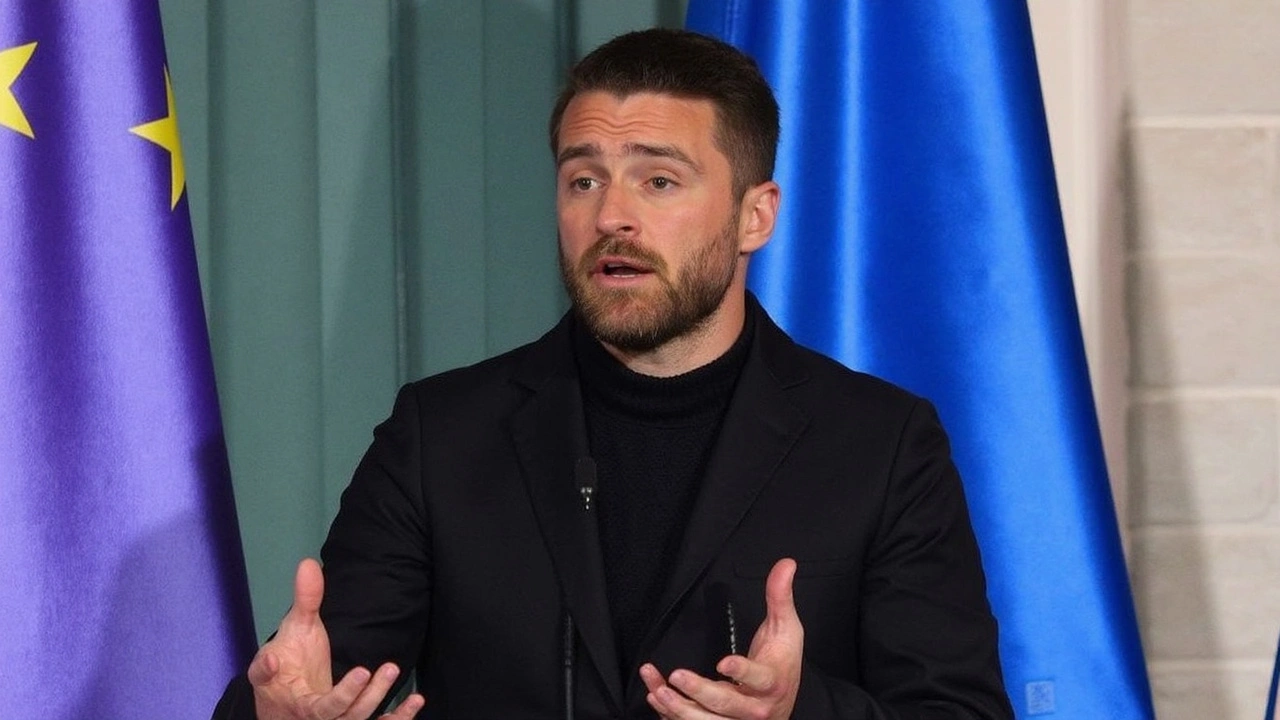
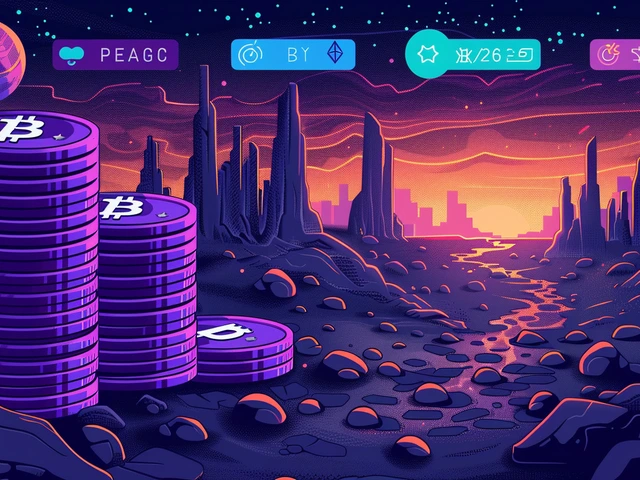
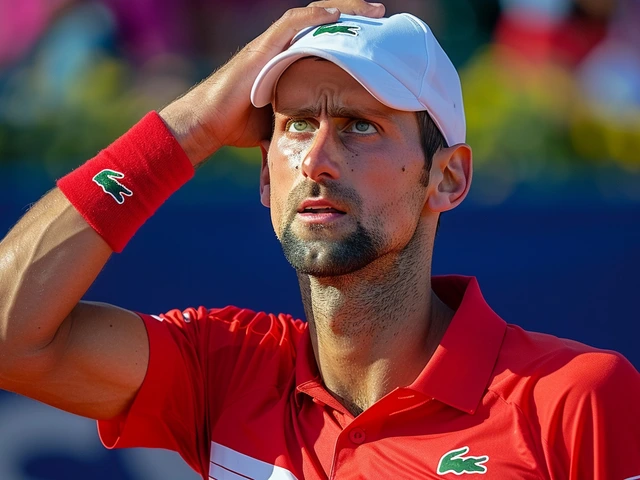
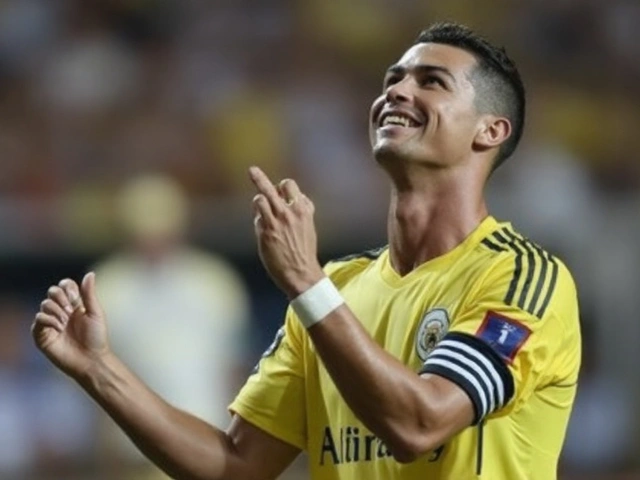
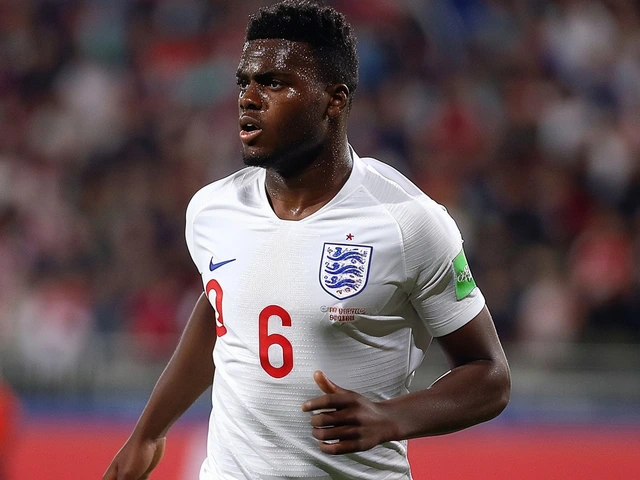
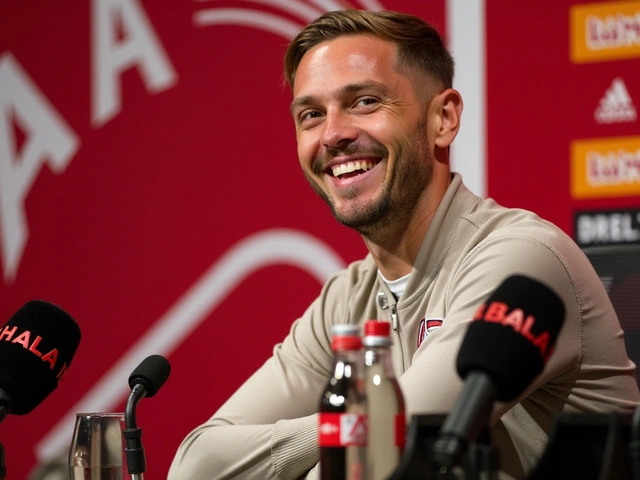
sachin p
May 28, 2025 AT 21:20Keeping Ukraine out of the summit would be a diplomatic slap in the face for NATO.
sarthak malik
May 28, 2025 AT 22:20It's clear that sidelining Kyiv sends the wrong signal to both allies and adversaries. NATO's unity is tested when member states start debating who gets a seat at the table. Zelenskyy's stance underscores the symbolic weight of representation. A side forum might look like a compromise, but it could also be read as a concession to Russian narratives. The alliance should consider the long‑term credibility of its commitments when making this decision.
Nasrin Saning
May 28, 2025 AT 23:20We need to think beyond the headline and see how each decision affects the everyday lives of people caught in the conflict. Inclusive dialogue can help bridge the gap without compromising on core principles
gaganpreet singh
May 29, 2025 AT 00:20The exclusion of Ukraine from the main NATO summit is more than a procedural hiccup. It reflects a deeper hesitation within the alliance to fully endorse Kyiv's aspirations. Each member state brings its own domestic pressures to the table, and those pressures shape the collective stance. When an ally feels the weight of electoral politics, the diplomatic calculus shifts. The United States, eyeing its own elections, may be more cautious about overt signals. European members, especially those bordering Russia, carry historic memories of conflict that influence their calculations. The Dutch host, while neutral, must balance national image with alliance expectations. Russia watches these internal debates with a keen eye, ready to exploit any perceived weakness. Putin's media apparatus will spin the summit's outcomes as a victory for diplomacy over defense. Such narratives can erode morale in Ukraine and embolden further aggression. Meanwhile, Ukrainian citizens watch the diplomatic theater with a mixture of hope and frustration. The symbolic presence of a president at a summit can galvanize public resolve. Conversely, a sidelined appearance may sow doubts about Western commitment. The future of European security hinges on consistent messaging. NATO's credibility is built on unity, not on fragmented statements. Therefore, the decision to invite or exclude carries weight far beyond the conference hall.
Urmil Pathak
May 29, 2025 AT 01:20It’s a simple truth that the more you talk about peace, the more you have to act on it.
Neha Godambe
May 29, 2025 AT 02:20Enough with the indecision – if NATO claims to stand with Ukraine, it must show up at the summit proper, not relegate its president to a side room. The stakes are too high to let political games dictate security policy, and any half‑measure only emboldens aggression. Let the alliance speak with one voice and give Zelenskyy the platform he deserves.
rupesh kantaria
May 29, 2025 AT 03:20The deliberations within the NATO council, though ostensibly co-ordinated, reveal a dissonance that could undermne the collective resolve. It is imperative that member states reconceive the strategic narrative to eschew any perception of capitulation.
Nathan Tuon
May 29, 2025 AT 04:20I see merit in a firm stance, yet the geopolitical calculus demands nuance. Balancing signaling with operational security remains a delicate art.
shivam Agarwal
May 29, 2025 AT 05:20While the debate rages, ordinary citizens in Ukraine continue to endure the cost of uncertainty. Their resilience reminds us that symbols matter, but actions matter more. NATO's decision will echo far beyond The Hague.